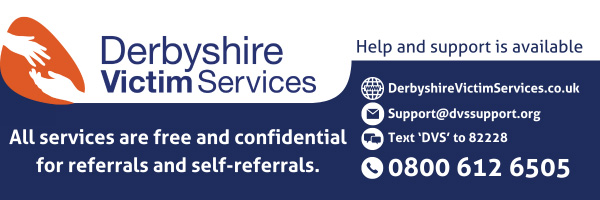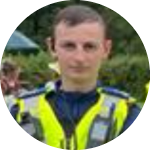|
||||
|
||||
|
|
||||
|
County lines is the name given to drug dealing where organised criminal groups (OCGs) use phone lines to move and supply drugs, usually from cities into smaller towns and rural areas. They exploit vulnerable people, including children and those with mental health or addiction issues, by recruiting them to distribute the drugs. This is often referred to as ‘drug running’. Criminals may also use a vulnerable person’s home as their base of operations. This is known as ‘cuckooing’. Signs to look out forThere are several signs to look out for that may indicate someone is involved in county lines: repeatedly going missing from school or home and being found in other areas having money, new clothes or electronic devices and they can't explain how they paid for them getting high numbers of texts or phone calls, being secretive about who they're speaking to decline in school or work performance significant changes in emotional or physical well-being Social mediaCriminal networks use social media to groom and recruit children for county lines. They may send them direct messages (knowns as ‘DMs’), or share messages to wider groups as ‘stories’ or ‘posts’. Ways OCGs use social mediaadvertising drugs through photos, emojis, and price lists posting statuses that show money, new drugs or when a dealer is open for business dealers sharing ‘stories’ to followers, and using social platforms to expand their network with ‘suggested’ friends tricking people with ‘fast cash’ scams, which is often referred to as ‘squares’. Victims may end up working for no little or no money, which is known as ‘debt bondage’ advertising for ‘workers’ or ‘runners’ to recruit people into county lines activity using hashtags linked to drugs using emojis as code for drug, violence and sexual activities, eg the snowflake emoji (for buying cocaine), 8-ball emoji (for buying an eighth of an ounce) or the rocket emoji (for purity of drugs) CuckooingOCGs often use high levels of violence and intimidation to protect the ‘county line’ and control them. One of these forms of control exploits vulnerable people by using their home as a base for dealing drugs, a process known as cuckooing. Dealers often convince the vulnerable person to let their home be used for drug dealing by giving them free drugs or offering to pay for food or utilities. Often OCGs target people who are lonely, isolated, or have addiction issues. It's common for OCGs to use a property for a short amount of time, moving address frequently to reduce the chance of being caught. There are several signs to look out for that may indicate someone is a victim of cuckooing: frequent visitors at unsociable hours changes in your neighbour’s daily routine unusual smells coming from a property suspicious or unfamiliar vehicles outside an address Missing persons linked to county linesChildren and young people involved in county lines may go missing or be out of touch for long periods. During these times, they may be at risk of harm or violence. If you are reporting a child as missing, you should look out for signs they may be getting exploited. You should note: transport they may be using people they may be with people they may be in contact with You can seek additional support from Missing People's SafeCall service, which is dedicated to those impacted by county lines. Report itIs it an emergency?
Call 999 now in emergency situations like these: a child, or anyone else, is in immediate danger someone is using violence or is threatening to be violent a crime is happening right now If you’ve pre-registered with the emergencySMS service, use our textphone service 18000 or text us on 999. Call 999 BSL to use a British Sign Language interpreter. If you're in danger but you can't talk on the phone, you should still call 999, then follow these instructions. | ||||
Reply to this message | ||||
|
||||
|
|
||||
|
||||
|
|
||||

|
|




